Voices of the Grain Trade
Our volunteer interview teams in Thunder Bay and Winnipeg did their best to collect voices reflecting all major facets of Canada's international grain trade. As a result, you will find interviews with farmers, researchers, plant breeders, company owners, and railway employees blended in with the stories of grain handlers, inspectors, lake shippers, regulators, builders, marketers, and many more. Our voices are spread from Quebec City to Victoria, with the highest concentrations being from Thunder Bay and Winnipeg.
Through Library and Archives Canada's Documentary Heritage Communities Program, Friends of Grain Elevators has now been able to transcribe and upload all Voices interviews to this website and to Lakehead University's archives. If you have any questions or comments about the collection, please contact us with your thoughts!
Featured Voice
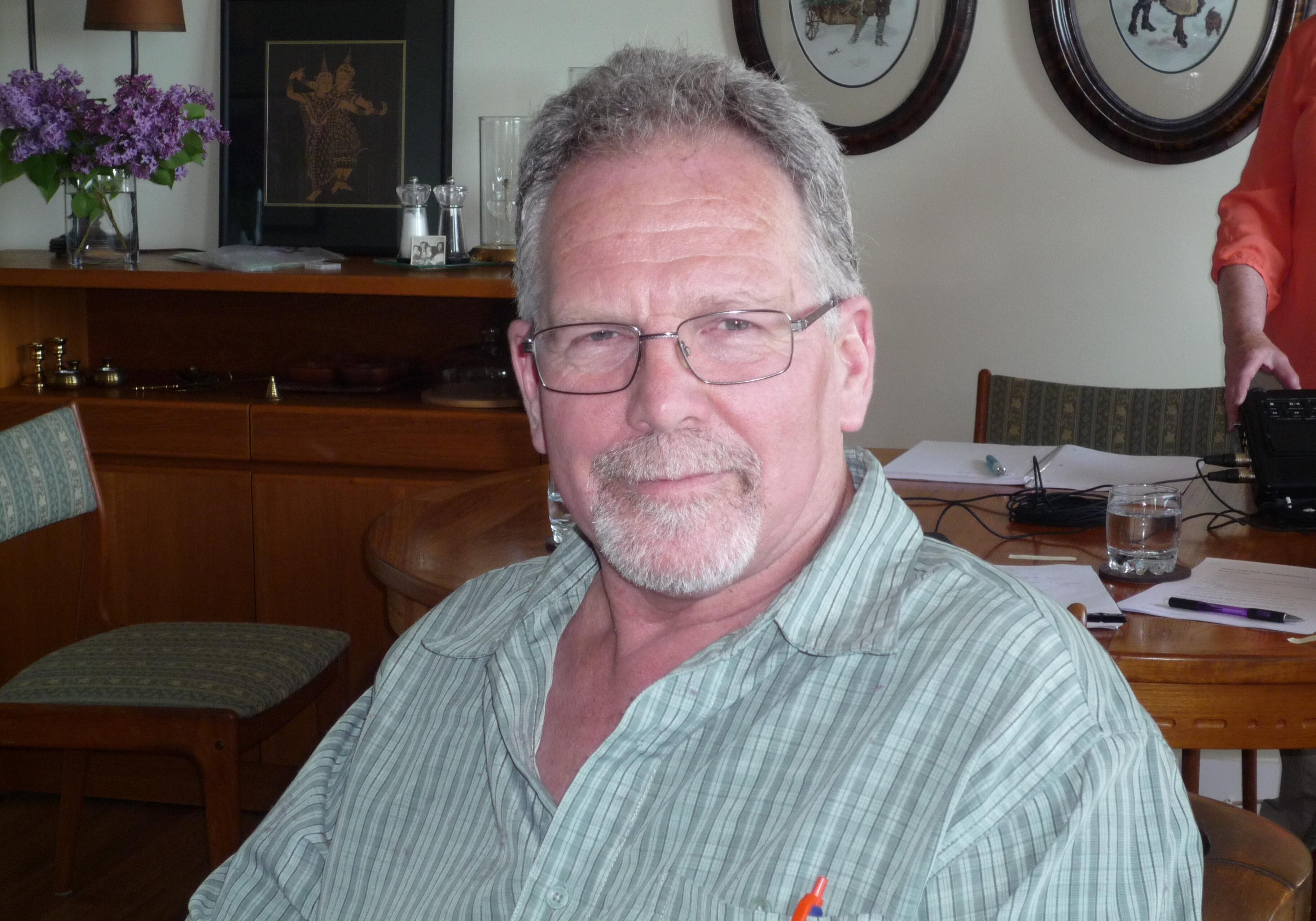
Tom Hamilton
Elevator Labourer, Union President: United Grain Growers, Viterra, Agricore United, United Steel Workers
It wasn’t the lure of a well-paying job that led Tom into elevator work , but the opportunity to join the elevator hockey league. A few hours on the payroll was the only way on to the team. This was an unusual, but not unheard of, start to a long and successful career. Tom speaks highly about the work and the companies he worked for, but he also discusses some of the negative aspects of the work such as accidents, the drug and alcohol culture, etc. Please contact friendsofgrainelevators@gmail.com if you would like to access Tom's second interview.
Warning: This interview contains descriptions of traumatizing events.
Snippet
Full Interview
Voices
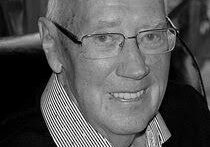
Arnold Affleck
President: Grain Insurance & Guarantee
Arnold Affleck was the president of Grain Insurance & Guarantee, an insurance company originally developed by the private grain companies to provide insurance for their fire-susceptible country elevators. He recounts the history of the company and his own ascent to president. Affleck describes the company's involvement in grain elevator inspections, and he explains the process of salvaging grain after an incident. He recounts the impact that consolidation of grain companies had on the company, and he its policies and explains changes implemented to keep up with the times.
Snippet
Full Interview

Michael Amos
Canadian National Railway, Grain Transportation Agency
Michael Amos was born in North Dakota, coming from a family that has roots in the grain industry. He began work in rail shipping in the 70s, where he gained an in-depth understanding of the the logistical system behind grain transportation. He worked in several companies, such as CN and GTA. He details the changing shipment methods, and problems with shipping. Michael does a good job of explaining the many reasons why a factory may suffer a major delay. It is clear that he was could effectively prevent this in his day. He also details, at points, stories of shady dealings including bribery. His talk is very grounded in practicality and logistics.
Snippet
Full Interview
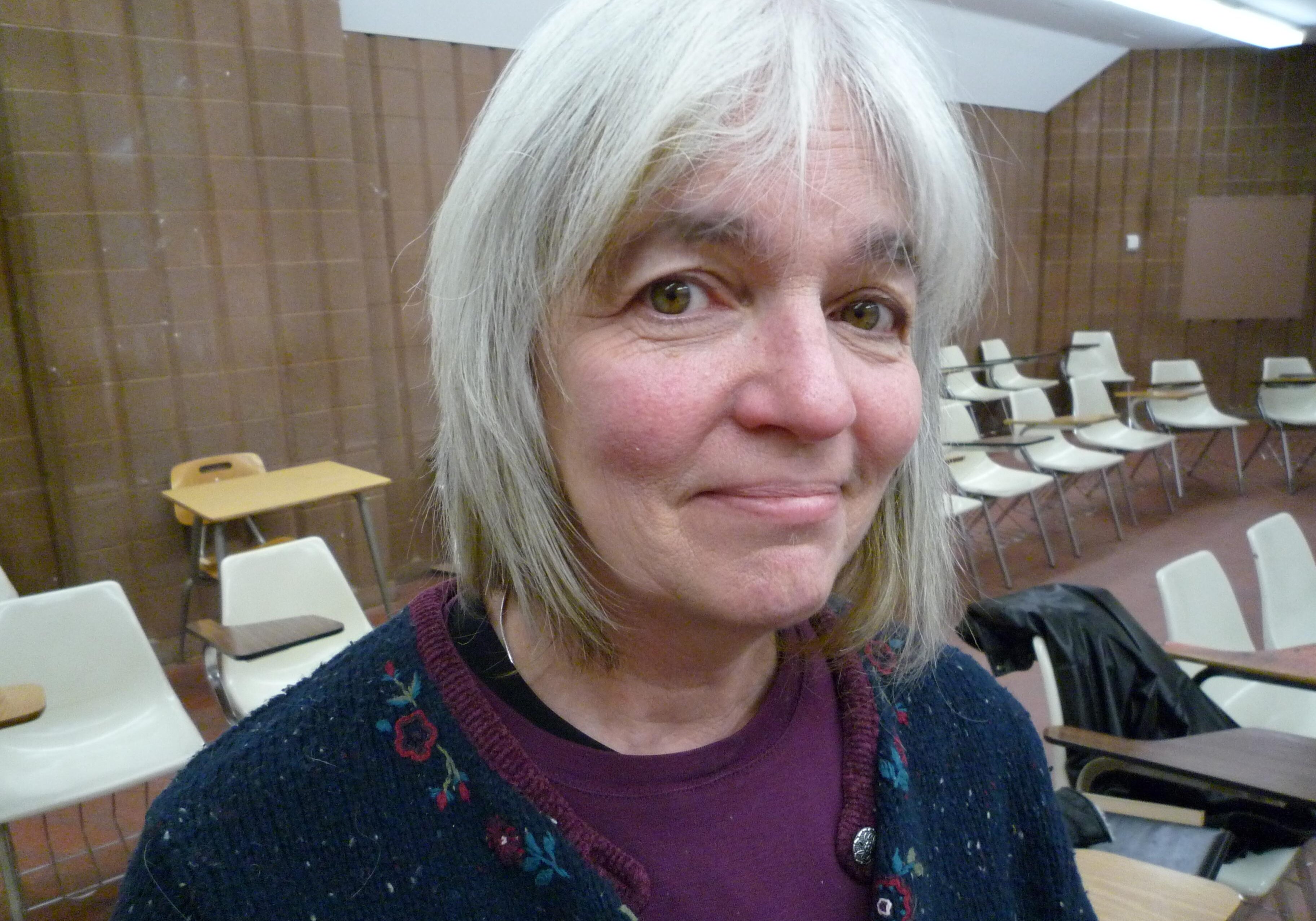
Janice Andrews
Grain Inspector: Canadian Grain Commission
Janice Andrews was a Grain Inspector in the Canadian Grain Commission. A recommendation from a family friend in 1978 opened the doors for Janice to the CGC, and a thirty year career in the grain industry in Thunder Bay. She was one of the early pioneers as this male-dominated workforce began to change in the late 1970’s.
Janice outlines her duties as a grain inspector and eventually training coordinator. She discusses changes in the workplace and nature of her work, the rewards of being a trainer, and the unhappy consequences of the downturn in grain shipments at the Lakehead.
Snippet
Full Interview
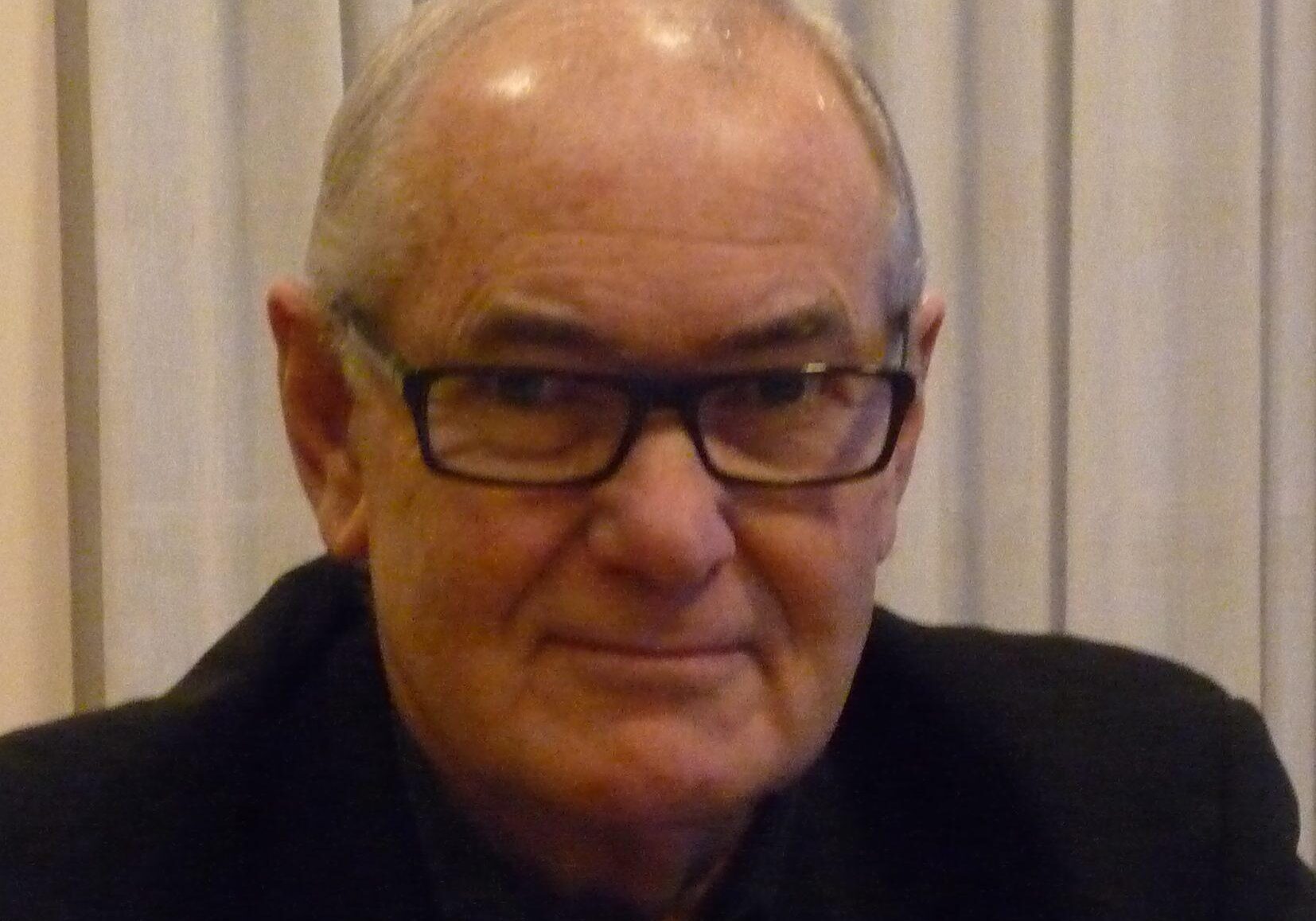
Greg Arason
CEO: Manitoba Pool Elevators, Canadian Wheat Board
Greg Arason details his experience in the farming and grain elevator industries. He comes from a line of immigrant farmers that arrived from Iceland and settled in Manitoba. Greg experienced at close hand the massive change in the industry through the 60s, 70s, and 80s, as the small scale farmers grew their operations and subsequently become profitable again. Greg tells a coherent and chronological story of the farmers of Canada. He brings a great deal of knowledge on the various organizations involved, such as farming co-operatives, elevators, unions, and grain marketing organizations.
Snippet
Full Interview
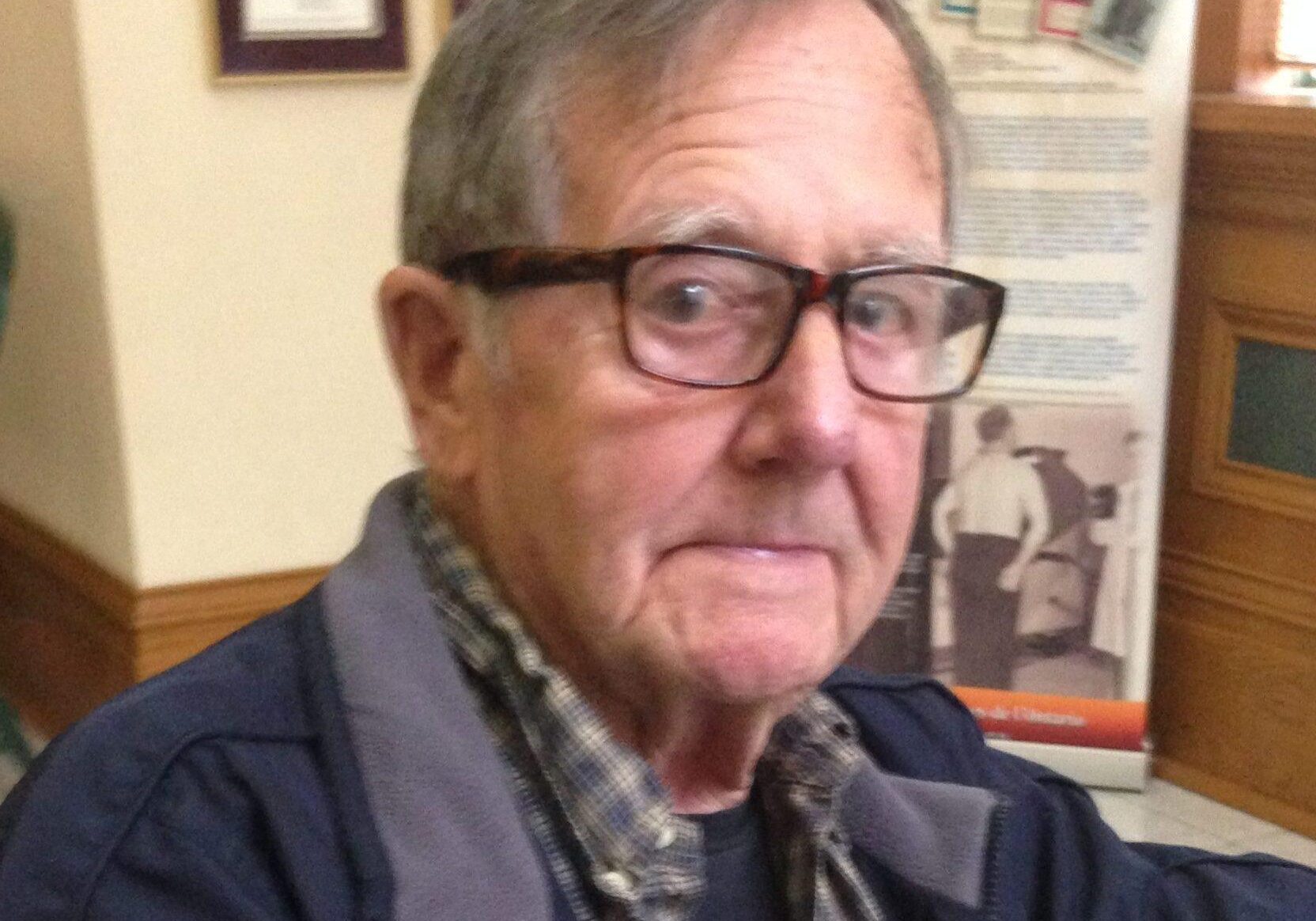
Don Arril
Metal Worker: Woodsite Foundries
Don Arril worked in a factory called Woodside Foundries, an innovative Thunder Bay company producing parts for grain elevators and various other purposes. He discusses metal work, iron, brass, and aluminum casting, and the creation of massive parts. Another topic is the purchase of Woodside by Bob Newsom and Stuart Barron. He speaks to the industry and the blacksmith's important role in the Canadian grain industry.
Snippet
Full Interview
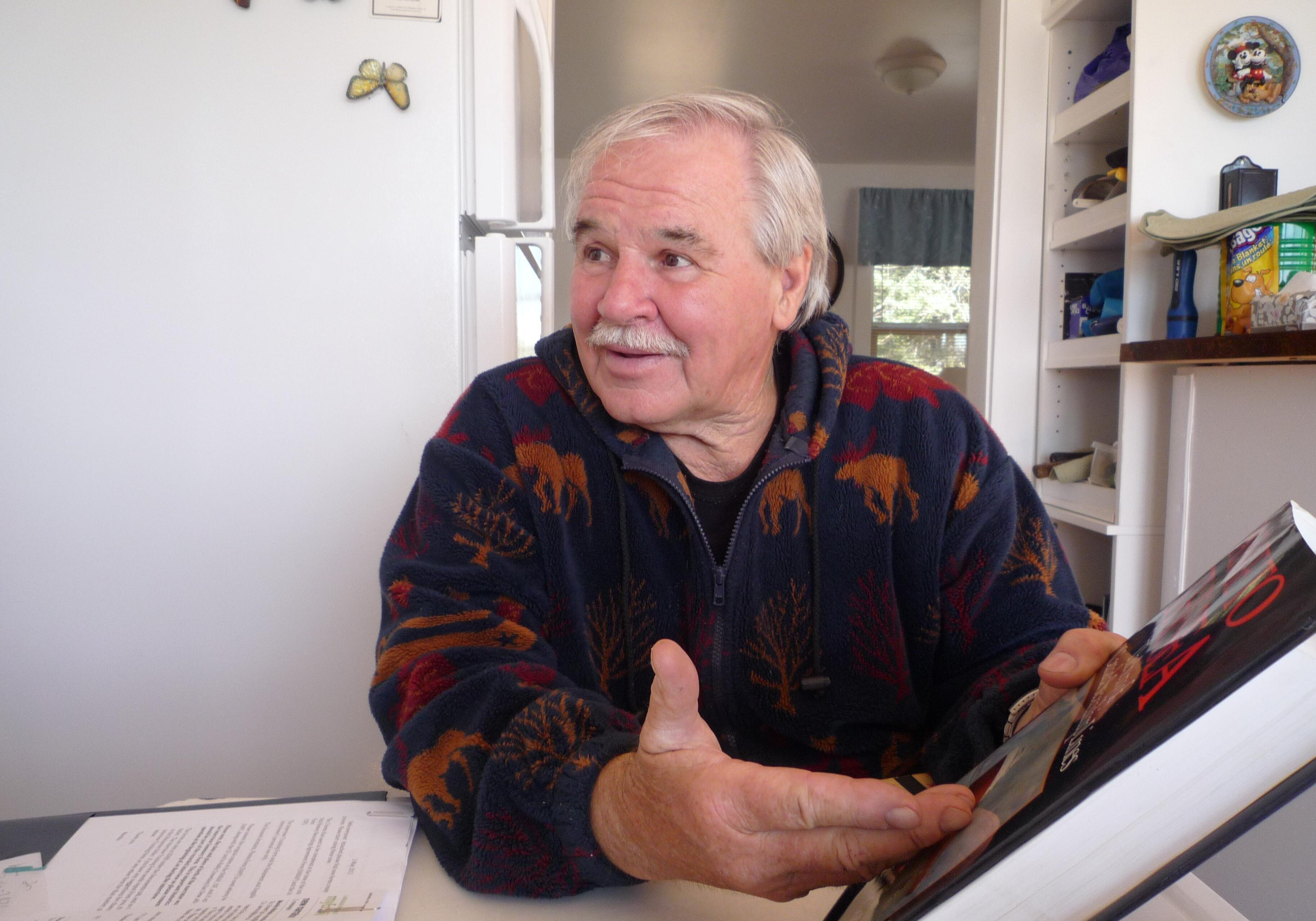
John Attridge
Elevator Labourer, Sailor
John Attridge began his career in the elevators, but very quickly realised that he was better suited for life on the boats. His description of life on the ship is authentic, from the poor working conditions and danger - which included working 7 days a week without breaks - to the serenity of being at sea, being in a good financial position, and having strong bonds with his shipmates. He discusses the seedier side of ship life, such as heavy gambling, drinking, and stealing grain. Although John only worked in the grain industry for a handful of years and spent the majority of his career in insurance, he looks back upon those times in the elevators and ships fondly.
Snippet
Full Interview
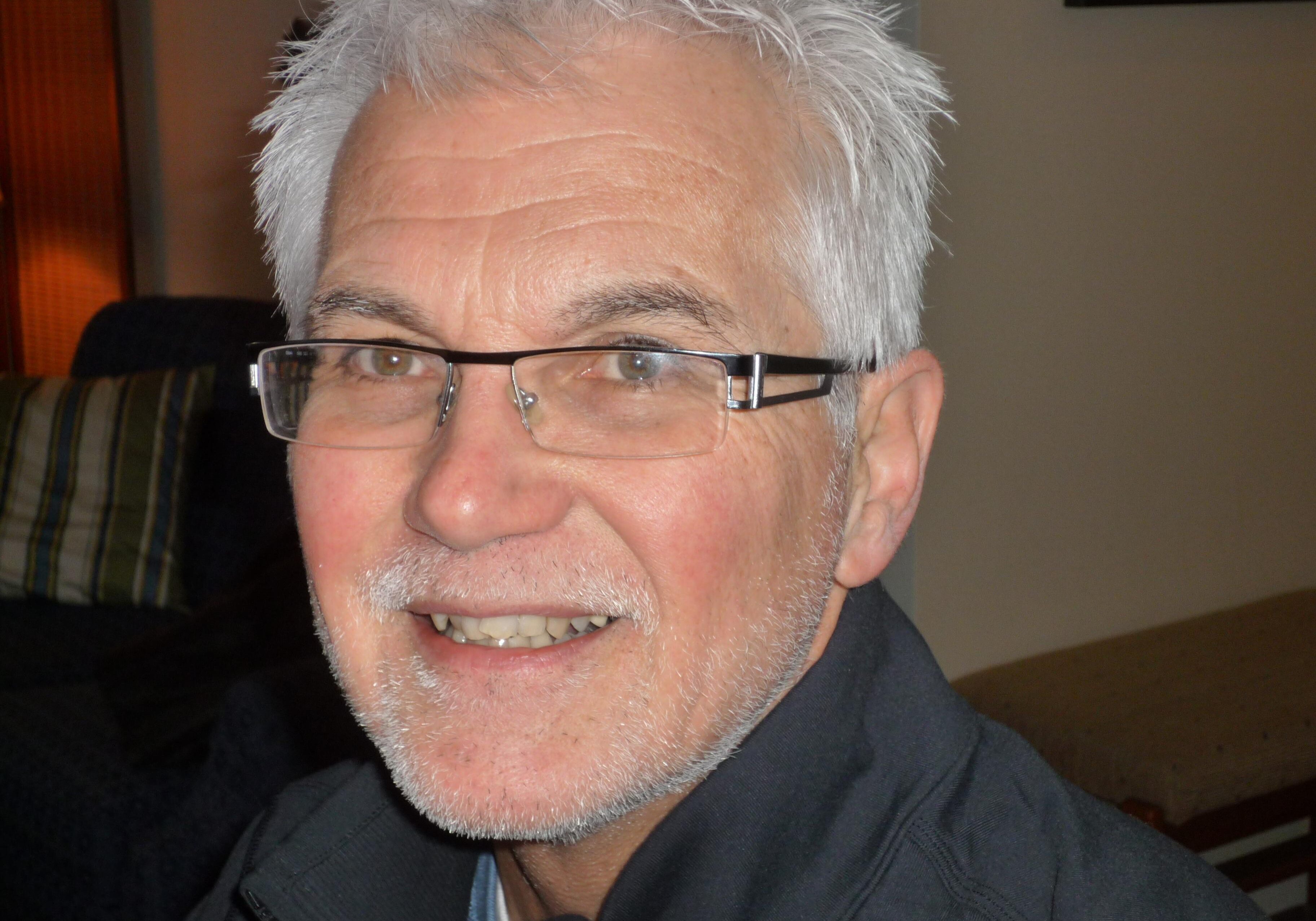
Jim Ball
Weighing Staff: Candian Grain Commission
Jim Ball tells his family’s grain industry story, starting with his grandfather who lived in Winnipeg before moving to Thunder Bay in 1956. His grandfather was in charge of the manual scales at Pool 6, operating and maintaining them. He explains how the manual scales work, and what actually changed when the companies moved on to electronic scales. For his own part, starting out was an intimidating experience, as Jim was essentially left to figure out how to work in the elevator on his own. His time at the elevators was long and varied. He paints a picture that includes many small details, such as working relationships, grain theft, and Canadian Grain Commission changes. Jim’s explanation covers not only his own experiences, but the political and logistical changes that occurred over the years. He has a good understanding of the implications of various changes, not only to himself, but to other grain operations throughout Canada.
Snippet
Full Interview
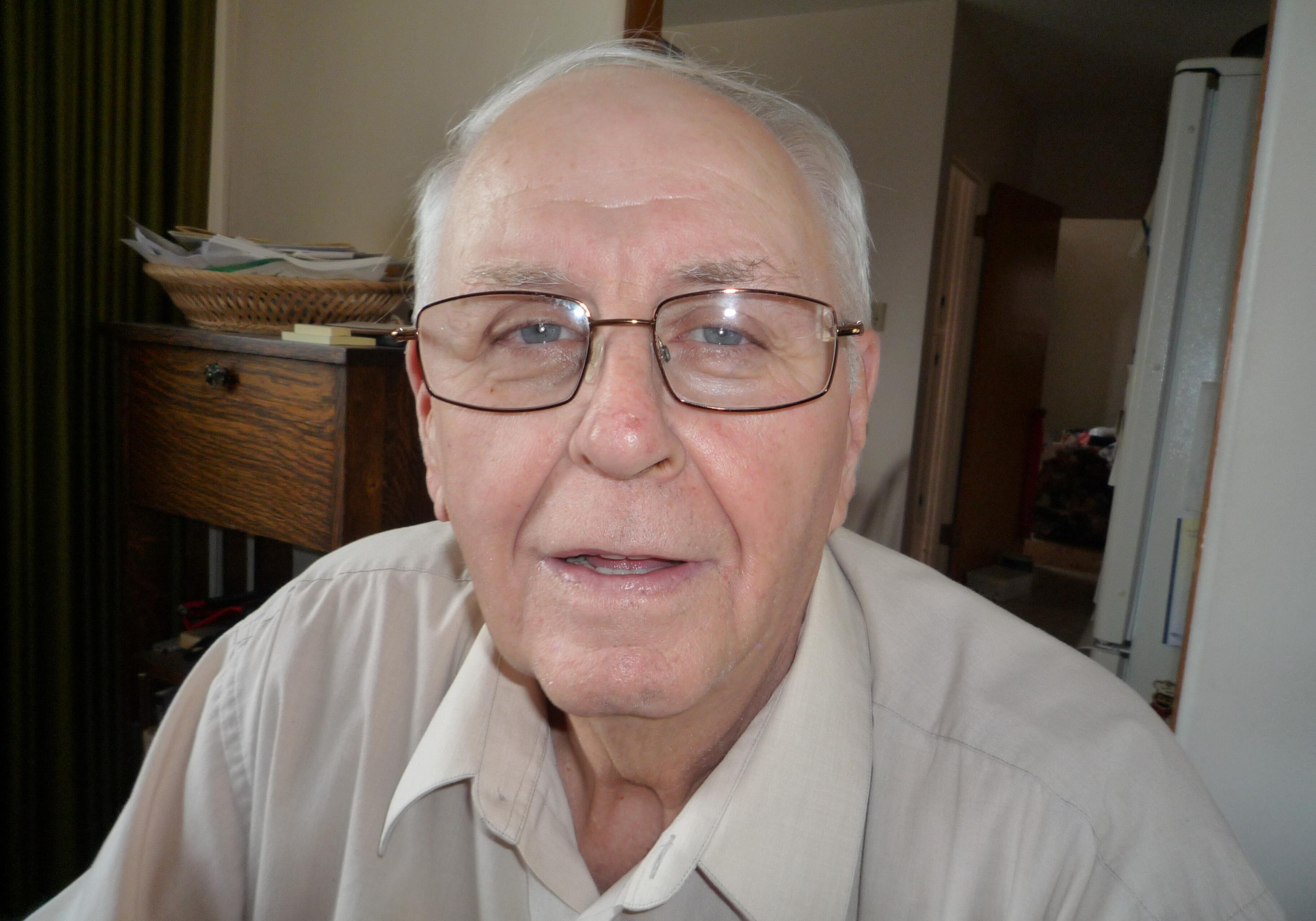
Peter Barr
Purchasing Agent: Saskatchewan Wheat Pool
Peter Barr was lucky enough to obtain the position of purchasing agent for Saskatchewan Wheat Pool, which allowed him to move back to his hometown, Thunder Bay. He discusses many different aspects of the job, such as his day-to-day affairs, and how technology such as computers affected his position greatly. For that reason, this interview is relevant to anyone who is interested in the logistics and business side of grain elevators. Another interesting point that he brings up is that Saskatchewan Wheat Pool owned a significant portion of Robin’s Donuts; in fact the business invested heavily in other businesses. Barr talks of shady dealings as well, he, himself, experiencing offers of bribes.
Snippet
Full Interview

Joe Bechta
Bread Salesman: MacGavin and Toastmasters
An interesting addition to our list of interviews is Joe Bechta, who worked at the “end” of the grain industry. Joe was employed by McGavinToastmaster Bakery, Thunder Bay. This company came to represent almost all of the baked goods market here. Joe describes the massive amounts of product that would be made in-house, as well as other products that were purchased from out of town. He describes his daily work as a door-to-door bread-delivery man.
Snippet
Full Interview
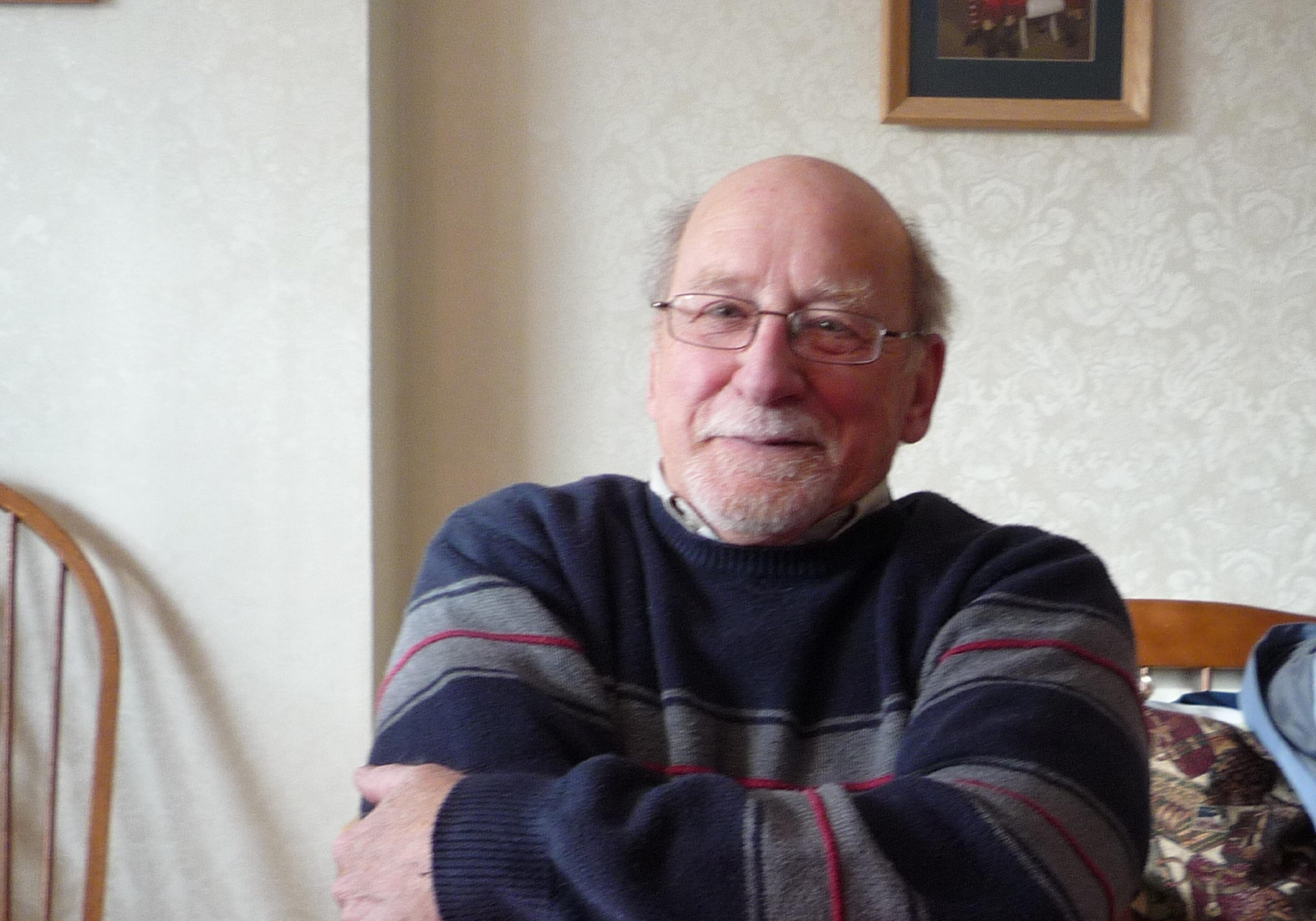
Victor Bel
Inspector: Canadian Food Inspection Agency
Victor Bel worked as an inspector with the Canadian Food Inspection Agency. At first vowing never to work in an elevator, as his immigrant father and uncle had, he became what he calls the “bug man” –a career that regularly had him crawling around ships hulls and elevators to guarantee bug-free grain shipments. Vic takes us on a tour from elevator to elevator on Thunder Bay’s waterfront, recalling his adventures and sometimes very dangerous work.
Snippet
Full Interview

Rick Bevilacqua
Regional Director: Canadian Grain Commission
Rick Bevilacqua worked a variety of jobs in the Canadian grain industry, but was primarily a grain inspector for the Canadian Grain Commission. He shares his experiences in the protein lab, in the Thunder Bay and Vancouver terminals, and in Winnipeg as the national trainer. He recalls major technological and operational changes in the CGC, like his work in the International Grain Consultant division, the merging of the weighing and inspection divisions, and the automation of elevator equipment. Rick surveys the Thunder Bay waterfront, sharing stories and memories of each of the elevators he found himself working in.
Snippet
Full Interview
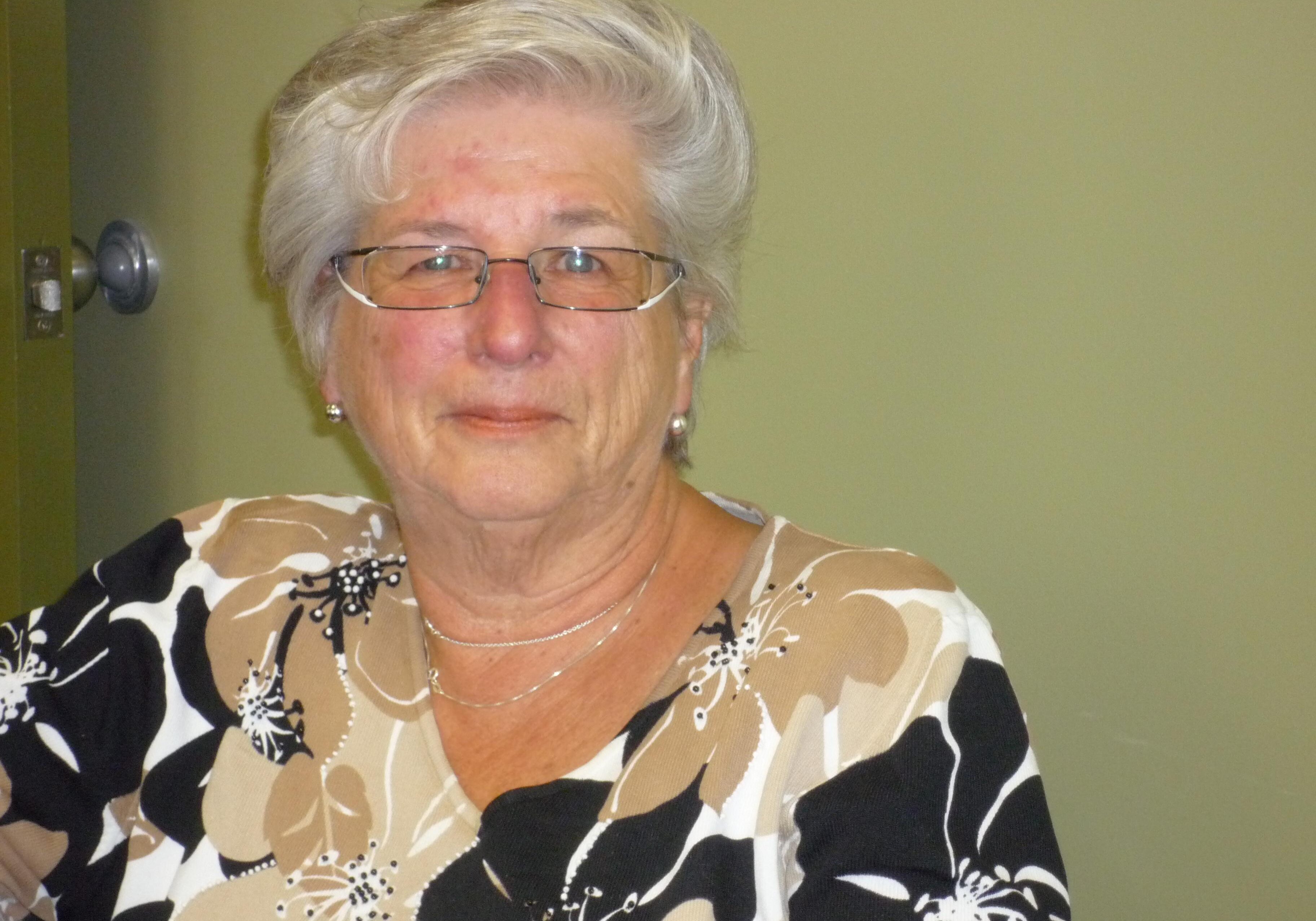

Bev Bennett and Harv Friesen
Canadian Ports Clearance Association
Bev and Harv describe the work involved in coordinating grain shipments from our ports. Working out of the CPCA office in Winnipeg, they kept careful records related to grain in storage at the terminal elevators in Thunder Bay and British Columbia. They describe how their work was essential to moving ships in and out of ports as quickly as possible. After hearing this interview, you will understand the behind-the-scenes work required to ensure Canada’s reputation for efficient grain shipping.
Snippet
Full Interview

Bill Boyce
Elevator Labourer: Richardson
Bill Boyce was an elevator worker and shop steward for 30 years with Richardson Terminal. He discusses the dangers and accidents in the elevator, and the major changes that the elevators experienced in his time. Topics range from smoking culture, to co-worker relationships, and then the eventual automation of the industry. As a shop steward, Bill has a unique understanding of labour relations. Listeners be warned that the content contains graphic details and strong language.
Snippet
Full Interview
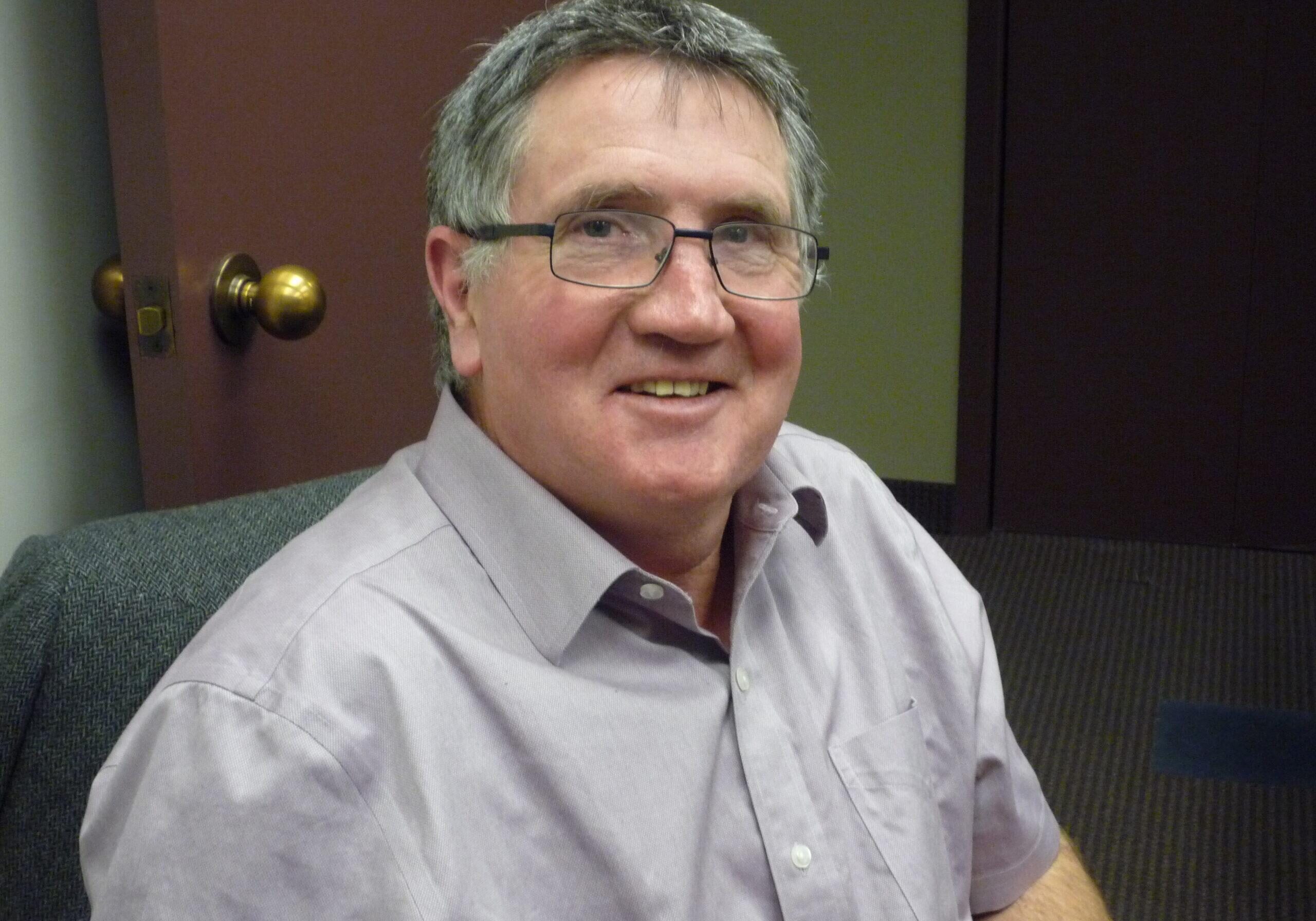
Michael Brophy
CEO: Brewing and Malting Barley Research Institute
Michael Brophy grew up on a farm in Ireland growing malting barley for distilleries like Guinness. His involvement with the Irish malt barley industry led him to Canada and the Canadian Wheat Board's marketing division, where he helped expand malt barley markets in Western Europe and China. Brophy discusses the continuation of his career into the Brewing and Malting Barley Research Institute, where he describes the history and science of breeding barley as well as current research projects at the Institute.
Snippet
Full Interview
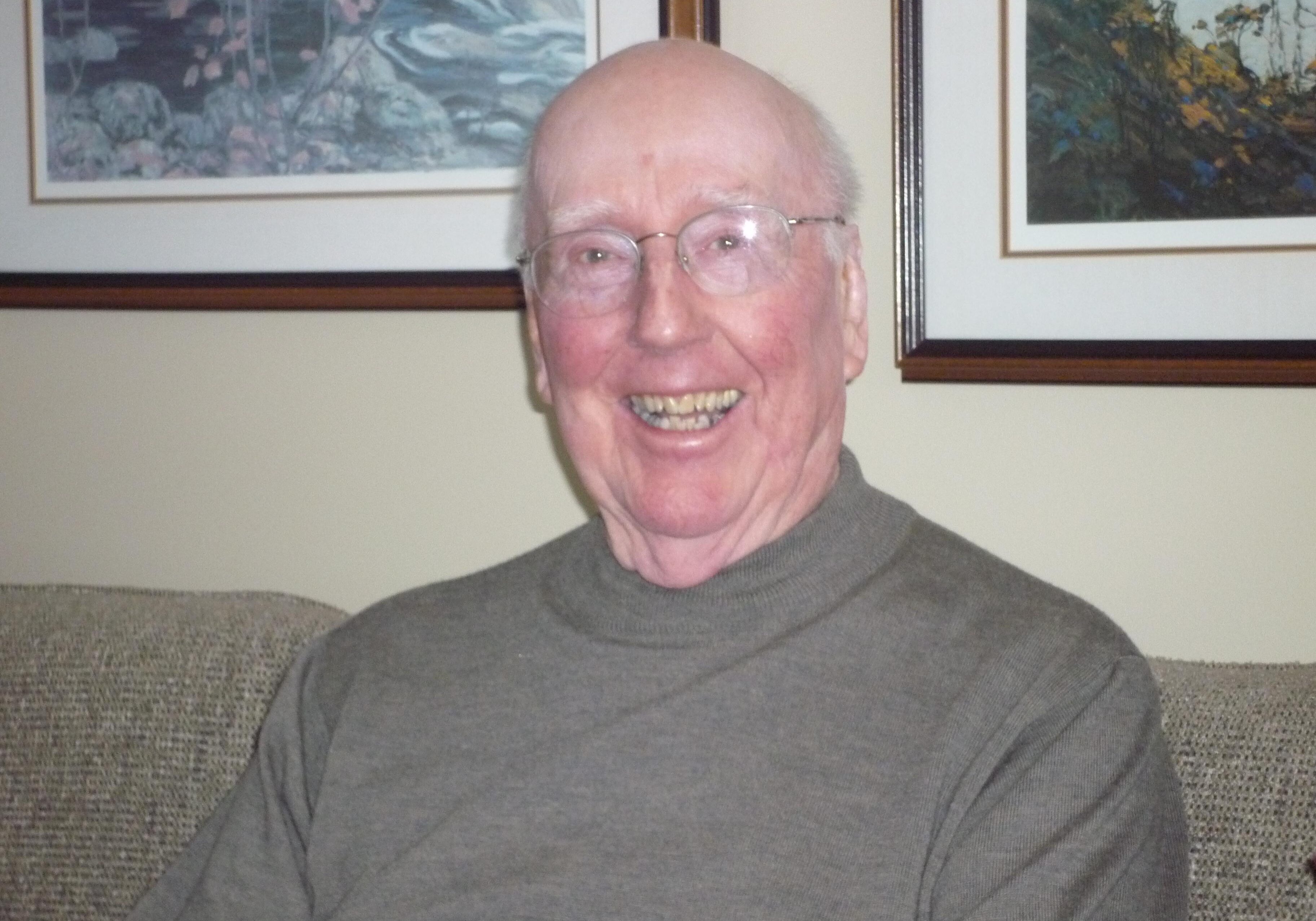
Cam Brown
Field Supervisor, Marketer, Manager: Manitoba Pool Elevators, Canadian Wheat Board, Feed-Rite
Cam Brown was born in St Boniface, Manitoba. His father began a farm in Alberta, and throughout his childhood he learned the farming industry inside and out. With a degree in agriculture, Cam began his career working directly with farmers, then moved on to grain marketing with the CWB. He ended his career in the animal-feed industry as a manager with Feed-Rite Mills.
Cam describes the tough life in rural Alberta and Manitoba, and how brutal most people lives were in the early days. We also hear his view of Thunder Bay’s role in the grain trade, and how significant the grain industry is to Canada as a whole. This interview reflects Cam’s great depth of knowledge of the grain trade, from the farm field to national and international consumers.
Snippet
Full Interview

Greg Brown
Stevedore, Grain Sampler: Lakehead Shipping
Greg began as a stevedore at Lakehead Shipping, working there until he became a grain sampler. He explains the ins and outs of the job, and how technological advancements changed the workplace, for instance, when boxcars were replaced by hopper cars. Greg worked as safety commissioner for some time. He details his attempts to improve quality of life for workers. He also speaks to the injuries that he received on the job, including lung damage and a back injury and the difficulty he had in finding work once injured.
Snippet
Full Interview
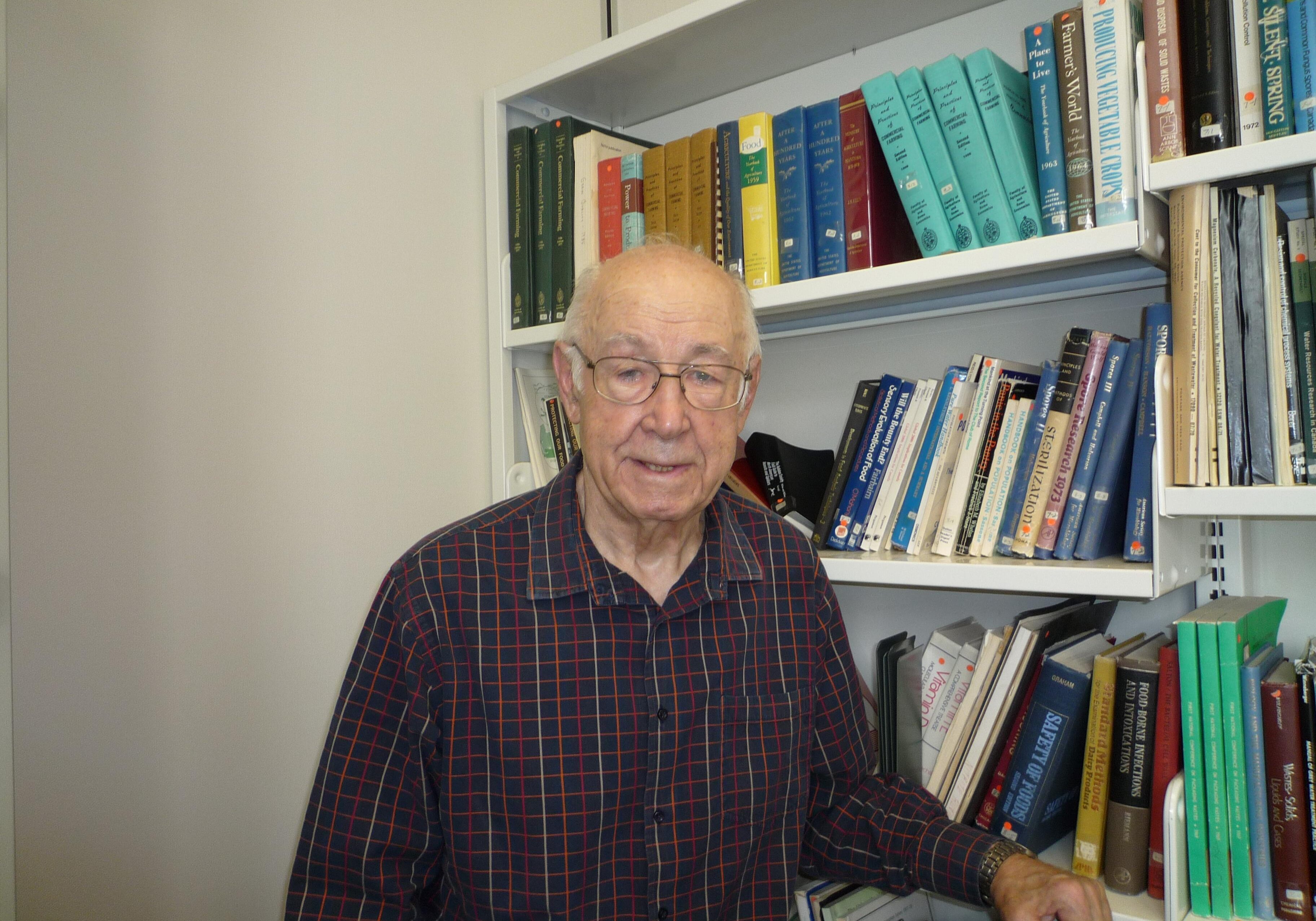
Walter Bushuk
Cereal Chemist: University of Manitoba
Dr. Walter Bushuk, world-renowned cereal chemist, built Canada’s reputation as an international leader in the industry. He recognized the importance of world-wide connections in promoting and developing our grain trade. To accomplish these connections, Dr. Bushuk was a key player in the development of the Canadian International Grains Institute. The Institute aimed to educate participants - Canadian and international - about the grain industry, as well as conduct research relevant to it.
Snippet
Full Interview

Jody Buttman
Welder: Pascal Shipyard
Jody Buttman’s contribution to Canada’s grain trade was repairing ships, large and small, in a shipyard called “The Pascal”. He received his welding ticket after high school and immediately joined the industry’s workforce. The scale of the work he did is immense--most of the ships he would repair were 730 feet long. He recounts the daily life of welders, fitters, machinists and mechanics. There is discussion of the ever-present danger of welding flash, as well as the importance of getting a perfect weld. It was simply not a job where you could make a mistake without consequence.
Snippet
Full Interview
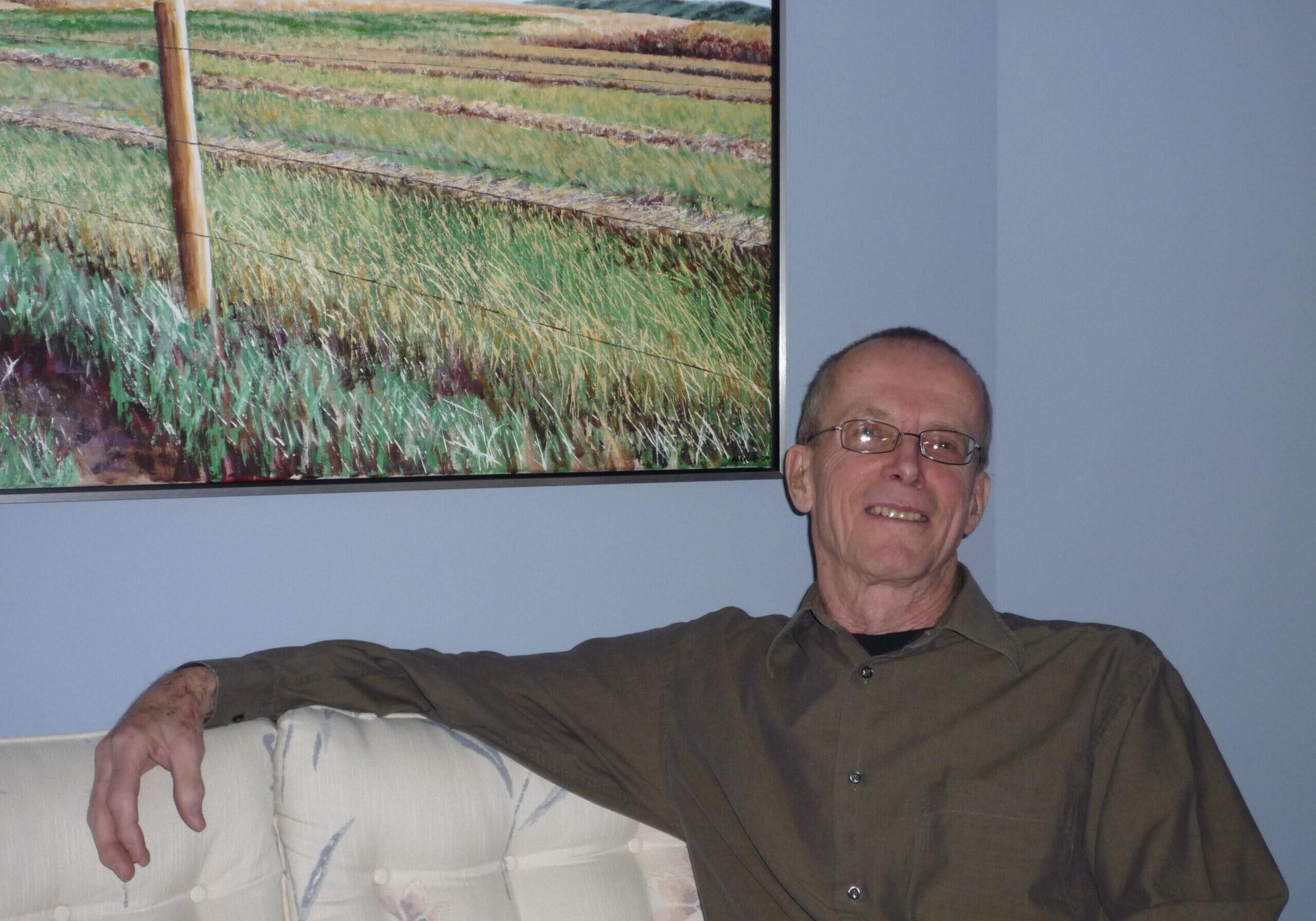
Dave Champion
Export grain trader: McCabe Grain, National Grain, United Grain Growers, Richardson International, ConAgra Grain
Dave Champion worked as an export grain trader for a variety of companies in the Canadian grain industry, like McCabe Grain (later National), UGG, and Richardson, as well as worked for ConAgra and Gavilon as a trading consultant. In his interview, Dave describes his interactions with grain buyers around the world and dealing with the intricacies and issues of export contracts. He shares his involvement in establishing and expanding the export divisions of various companies, and weathering the major technological changes and volatilities of the trading world.
Snippet
Full Interview
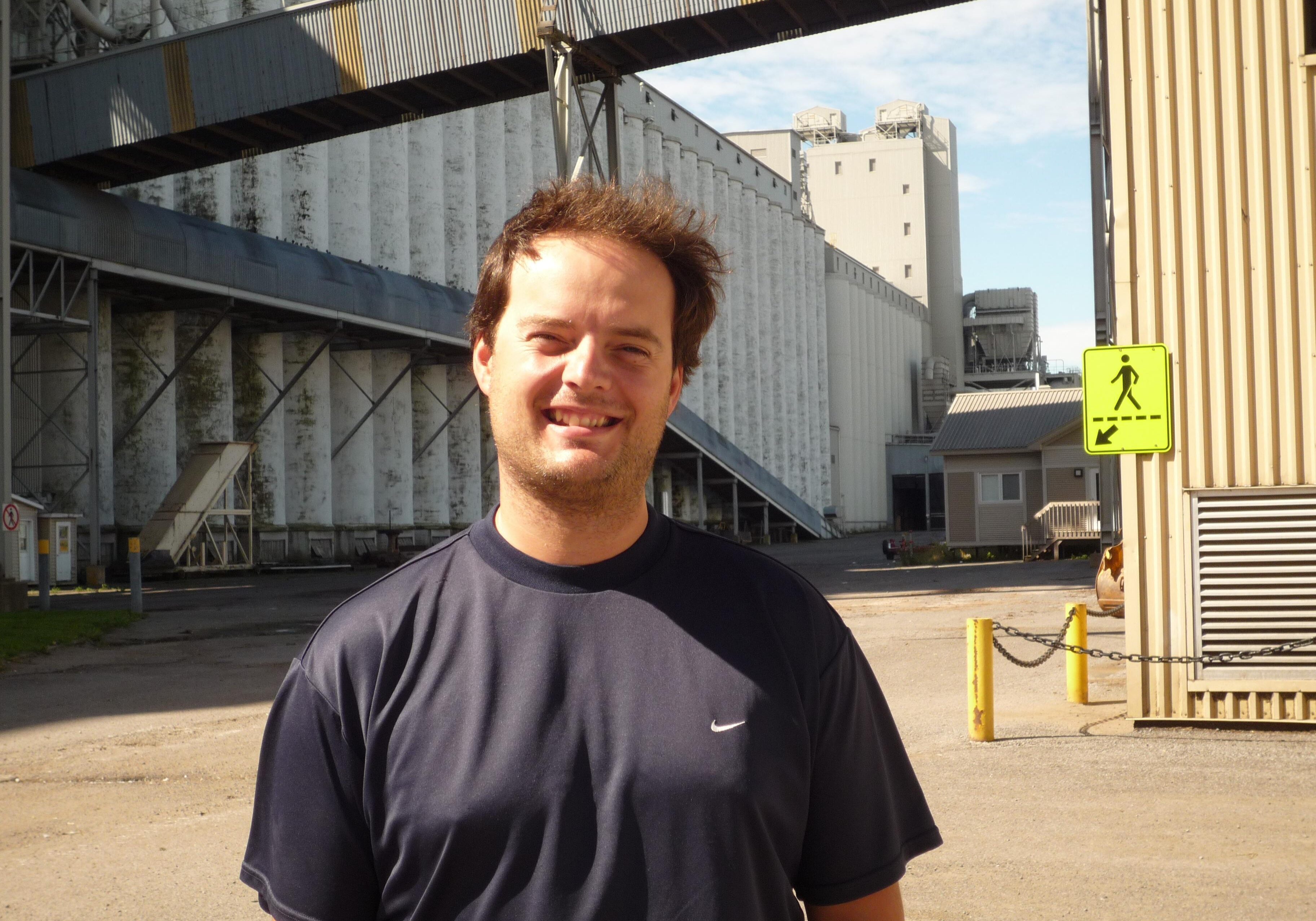
Patrick Chandler
Grain Inspector: Canadian Grain Commission
Patrick Chandler, a grain inspector stationed in Quebec City, joined the CGC in 1997. He explains the history of Baie Comeau, where he started his inspection career in the Cargill elevator, the largest in Canada. Chandler’s inspection work took him to various elevators, where he held high-level responsibility as a grain inspector. Some unique points he discusses are the marine life off the shore of Baie Comeau, the countries that grain is exported too, drinking on the job, and elevator life. This interview is in both English and French.